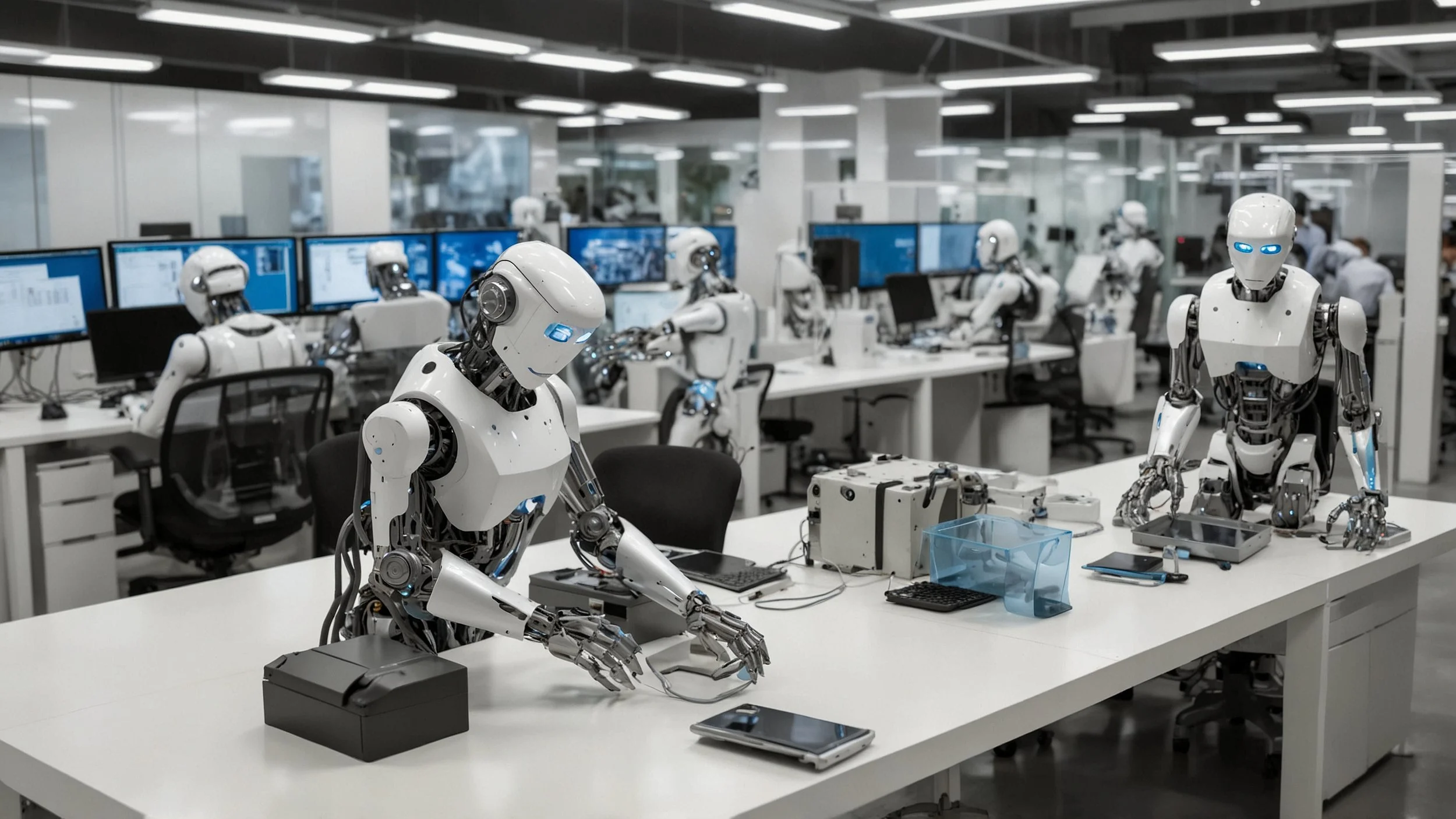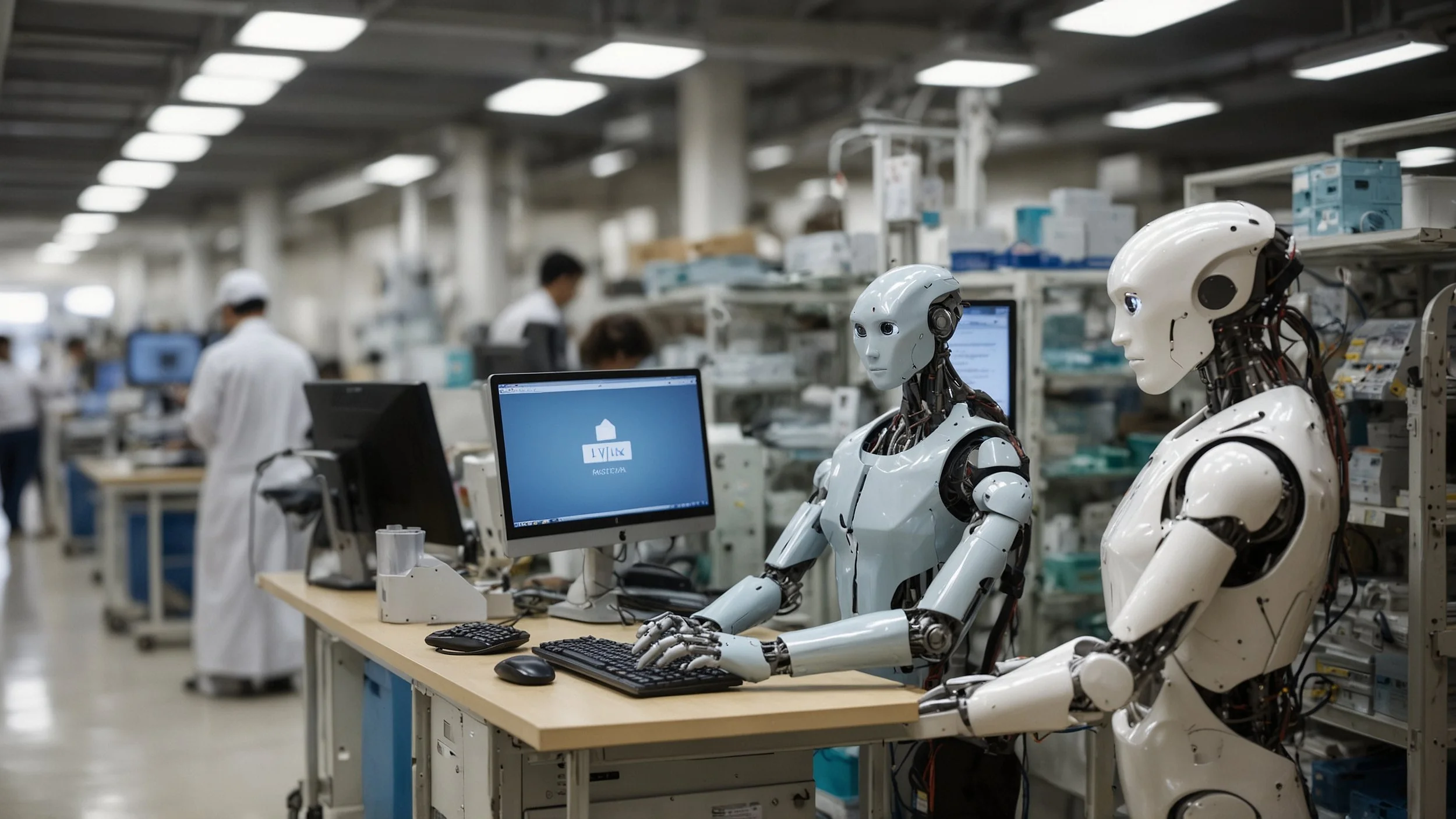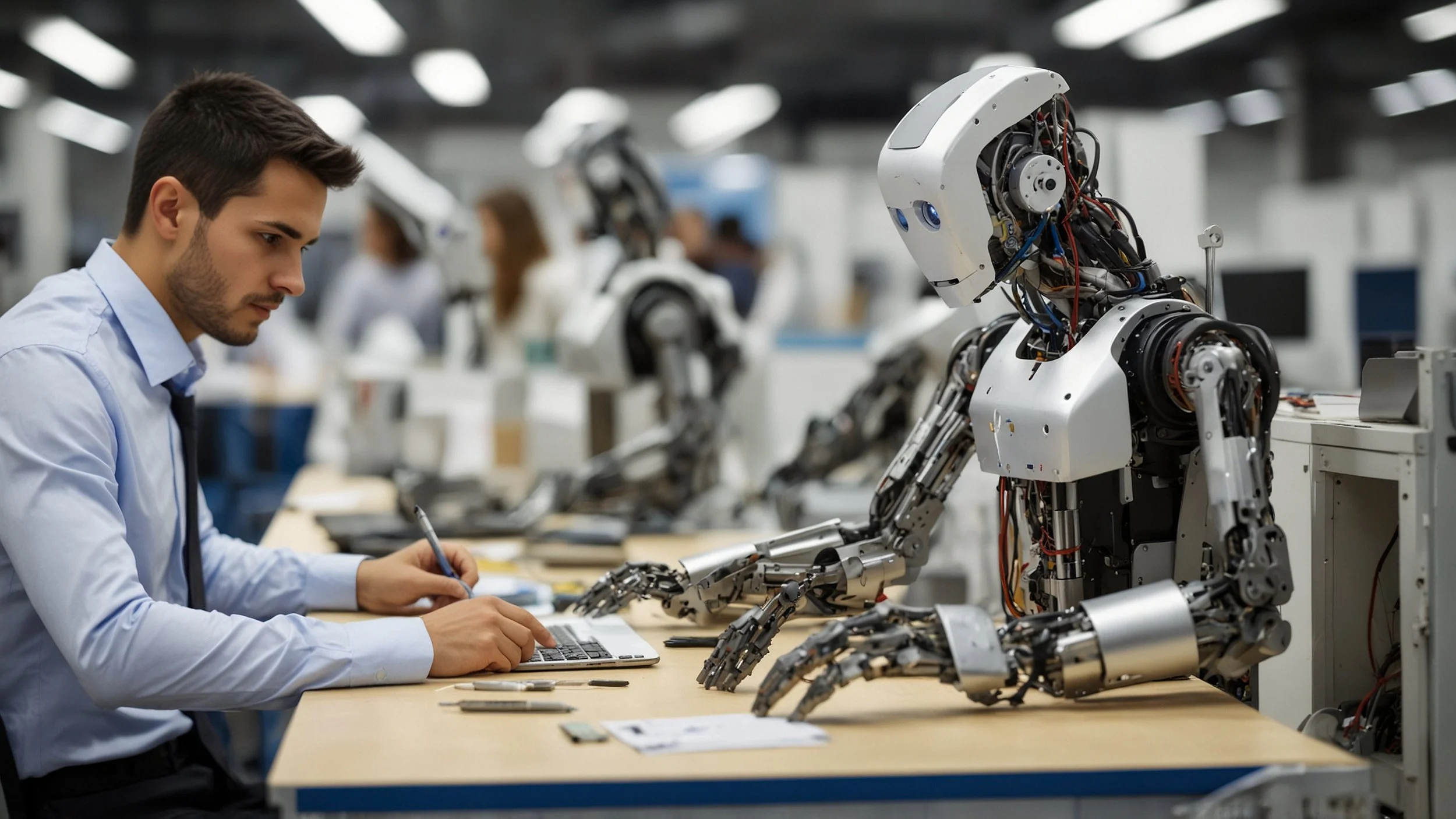Hyper-automation redefines the future of business
In a world where operational pressures demand immediate responses, hyper-automation is emerging as a catalyst for change. This powerful combination of artificial intelligence, machine learning and RPA is transforming traditional functions, arousing curiosity and urgency in key sectors. Its impact is not only technological, but strategic, marking a before and after in the way we operate and compete in today's economy.
Innovation without limits: beyond traditional automation
Hyper-automation generates interest by embodying a profound transition in business systems. By combining technologies such as generative AI, process mining and intelligent robots, it goes beyond conventional automation. This integration unlocks human resources, achieving new levels of operational agility and triggering the desire to innovate without relying on code, revolutionizing the way tasks are executed in organizations.
Sectors leading the change with hyper-automation
Companies operating in sectors such as manufacturing, finance, healthcare, retail and logistics are already experiencing the concrete benefits of hyper-automation. This innovative strategy is significantly transforming their processes and results in multiple areas.
In manufacturing, hyper-automation allows production cycles to be significantly shortened, facilitating faster manufacturing and increasing responsiveness to market demand.
In the financial sector, account opening is streamlined to a matter of minutes, improving the customer experience and reducing operating costs.
In healthcare, diagnostics benefit from increased speed thanks to automated analysis and reporting, enabling earlier and more effective interventions.
In retail, inventory management achieves much greater precision, minimizing errors and optimizing product replenishment.
In logistics, product delivery is effectively automated, increasing operational efficiency and generating greater confidence in both suppliers and consumers.
Urgent transformation to face new challenges
Hyper-automation is a technological strategy that goes beyond simply automating repetitive tasks; it seeks to comprehensively transform business processes to achieve greater efficiency and effectiveness. It is not only limited to eliminating routine tasks, but also has a profound impact on various operational and strategic aspects of the organization.
Significantly improves process reliability by reducing human error and increasing accuracy in task execution.
It contributes to a significant cost reduction by optimizing resources and minimizing operation times.
It allows human talent to focus on strategic activities of greater value, enhancing innovation and decision making.
In an increasingly competitive and dynamic business environment, the implementation of hyper-automation is becoming an essential requirement to maintain competitive advantage.
Real and sustainable business transformation will only be possible if companies adopt this technological solution to ensure resilience and sustainability in the face of constant market and industry changes.
The time for action has come. To thrive in the digital environment, organizations must embrace hyper-automation as a guiding principle. Only then will they ensure agile, intelligent and sustainable operations in the face of upcoming business challenges, consolidating a solid, future-proof competitive advantage.






